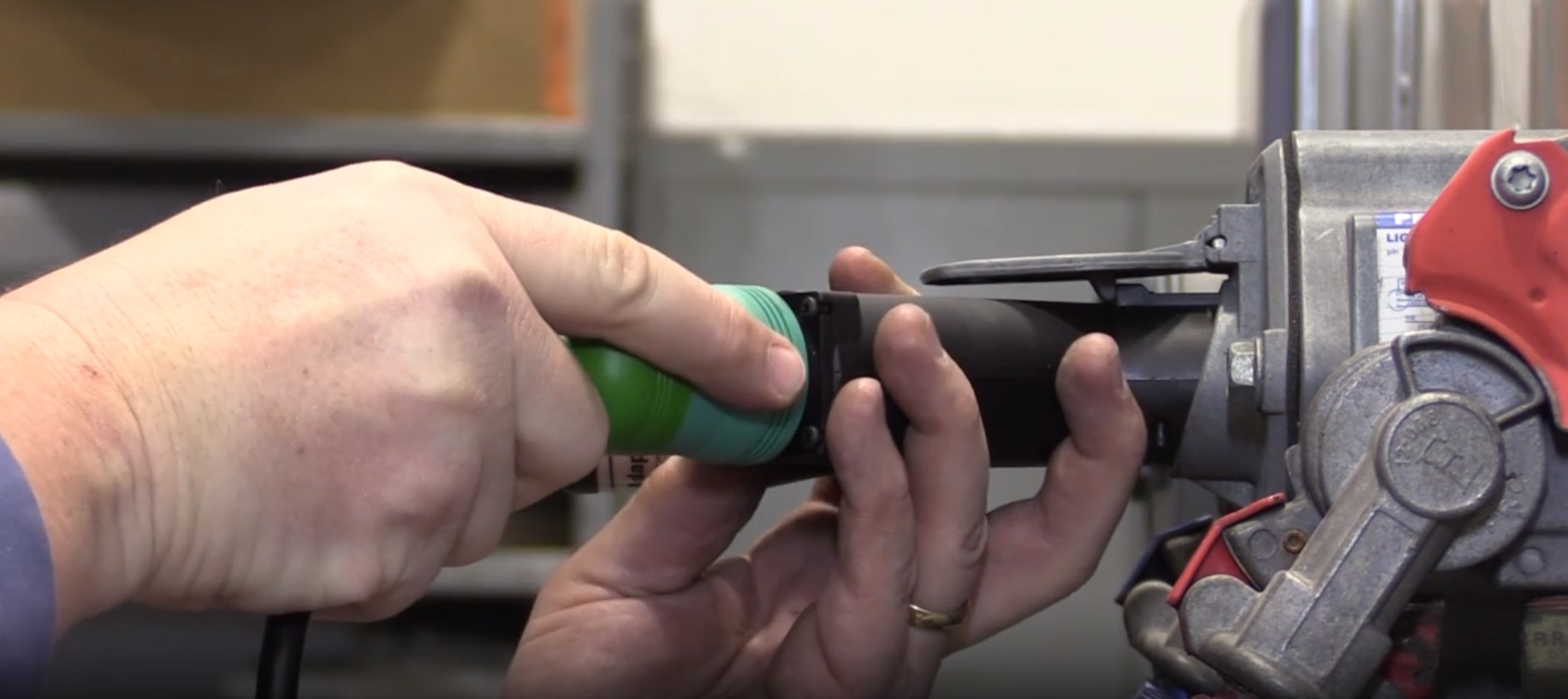Important milestones kicked off more than a century of the EV’s struggling evolution on the timeline of American automotive history:
— 1891: William Morrison of Des Moines, IA, builds the first electric car in the United States.
— 1897: The Pope Manufacturing Company of Connecticut becomes the first large-scale manufacturer of electric automobiles in America, and the first electric taxis begin operating in New York City.
— 1899: Thomas Edison embarks on a quest to create a long-lasting battery for commercial automobiles. (A decade later, he abandons his efforts.)
— 1900: EVs are an important part of the American automotive landscape. Of the 4,192 cars produced in the United States, 28% are powered by electricity.
— 1908: Henry Ford introduces the gasoline-powered Model T, making a powerful impact on the American automotive market.
— 1920s: The EV’s popularity plummets, due to its lack of horsepower, a healthy supply of gasoline and the American consumer’s desire for longer distance automobiles.
— 1966: Congress introduces bills advocating EV use as a way to reduce air pollution.
— 1970s: A growing environmental movement, combined with rapidly climbing oil prices, sparks a revival in EV interest from both consumers and manufacturers.
— 1972: “Godfather of the Hybrid” Victor Wouk converts a 1972 Buick Skylark into the first full-powered, full-size hybrid vehicle for the 1970 Federal Clean Car Incentive Program, later killed in 1976 by the Environmental Protection Agency.
— 1974: At the Electric Vehicle Symposium in Washington, DC, Vanguard-Sebring debuts its CitiCar, which has a top speed of more than 30 mph and a range of 40 miles. Although in 1975, the company is the sixth-largest automaker in the United States, it is dissolved a few years later.
— 1975: The U.S. Postal Service launches a test program utilizing 350 electric jeeps from AM General, a division of AMC.
— 1976: Congress passes the Electric and Hybrid Vehicle Research, Development and Demonstration Act, intended to foster the development of hybrid-electric technologies.
— 1988: GM partners with California’s AeroVironment to design what would later become the EV1.
— 1997: Toyota introduces its Prius, the world’s first mass-produced and marketed gasoline/electric hybrid car, in Japan, selling almost 18,000 units during the first year.
— 1997-2000: Big car manufacturers produce a few thousand all-electric cars, such as Honda’s EV Plus, Ford’s Ranger pickup EV, Nissan’s Altra EV and Toyota’s RAV4 EV, to name a few. However, by the early 2000s, all major automakers’ all-electric production programs are discontinued.
— 2003: GM announces it won’t renew leases on its EV1 cars, citing difficulty in replacing repair parts. The company begins efforts to reclaim all its EV cars by 2004.
— 2004-2005: GM reclaims, crushes and recycles its EV1s, prompting electric vehicle enthusiasts to hold an unsuccessful 28-day “Don’t Crush” vigil that begins on Feb. 16, 2005.
— Present: A few pure EVs and plug-in hybrids are on the market in limited numbers. Due to rising oil prices and renewed public demand, the future looks promising for EVs once again.


